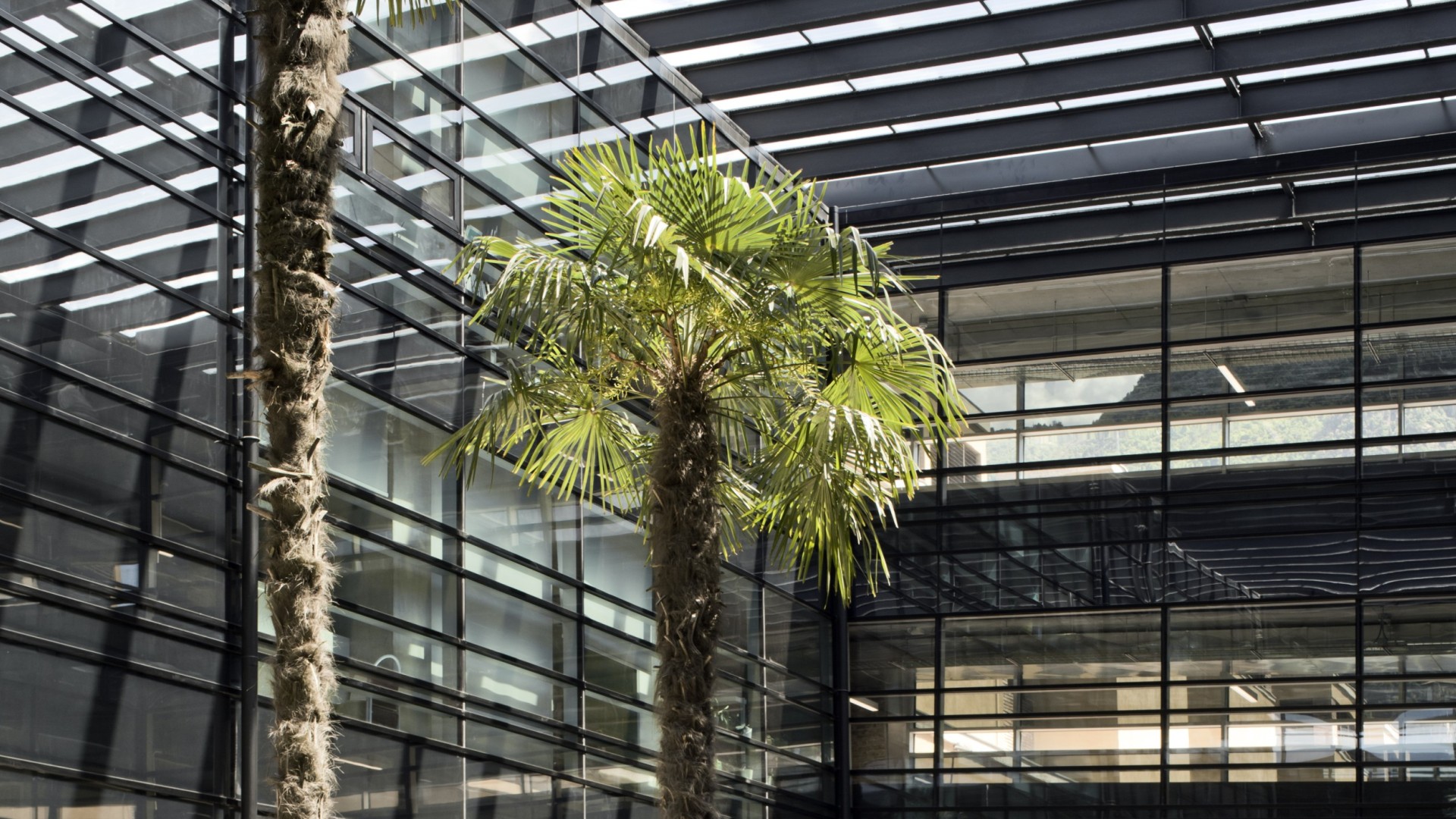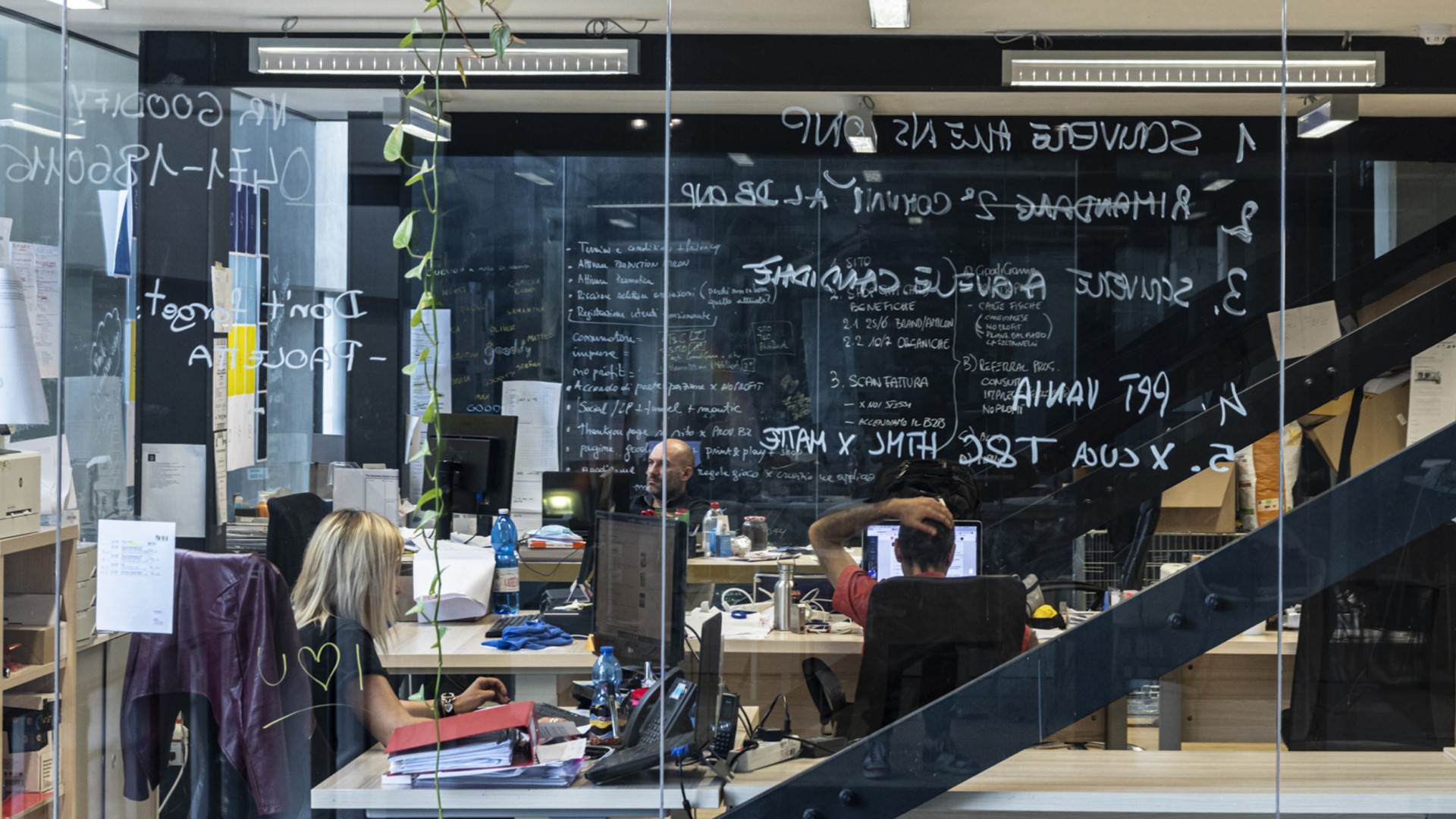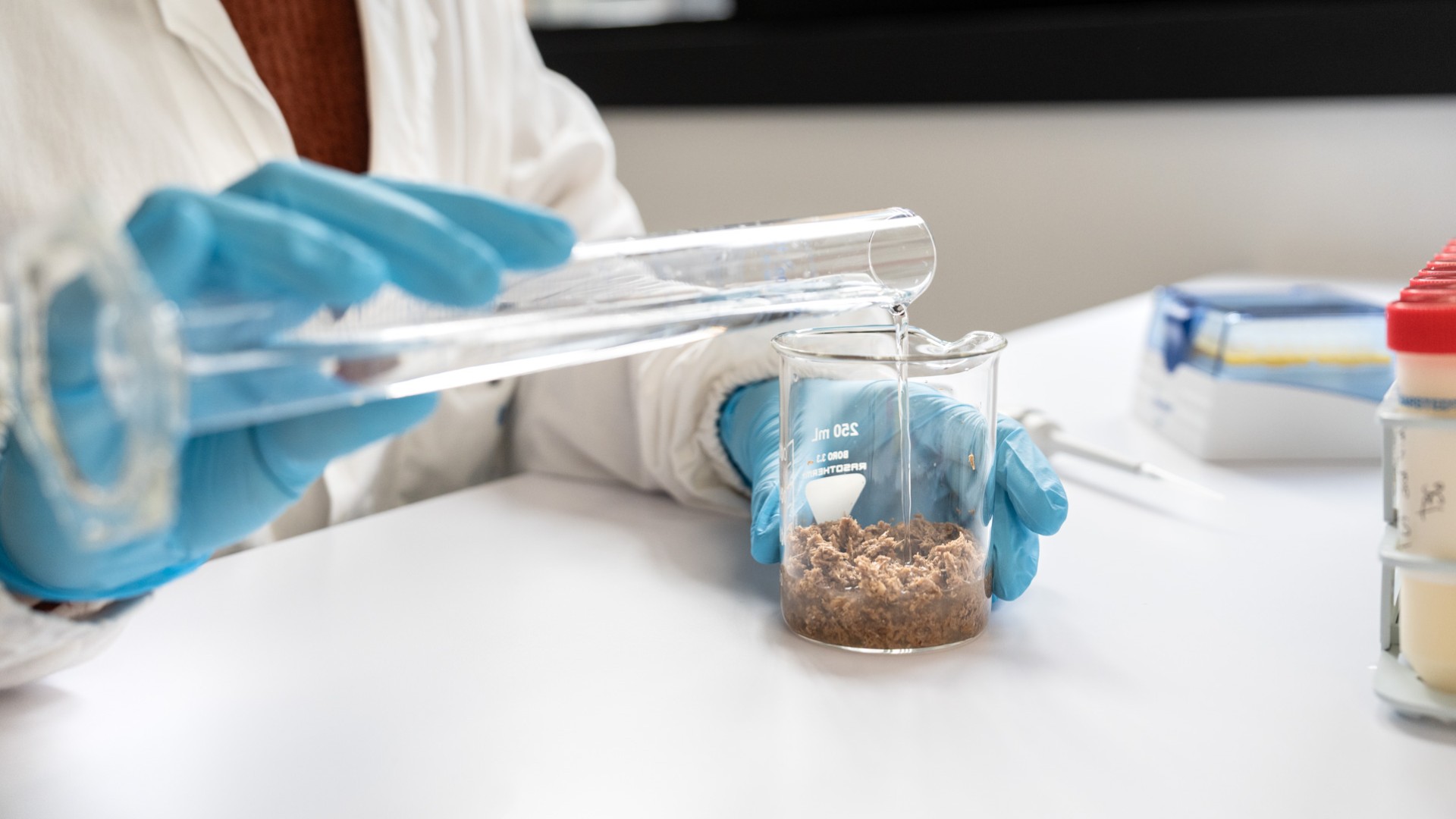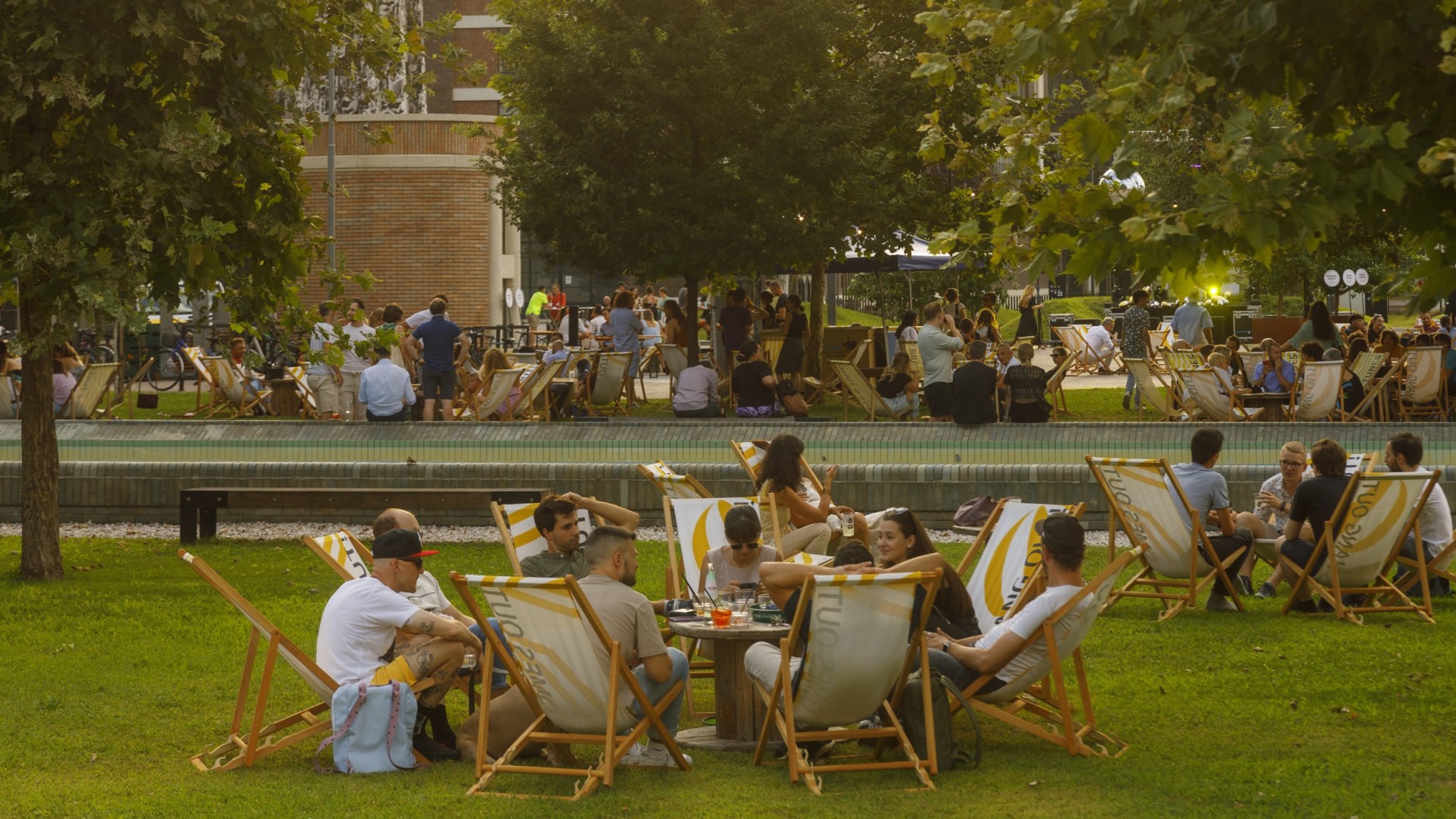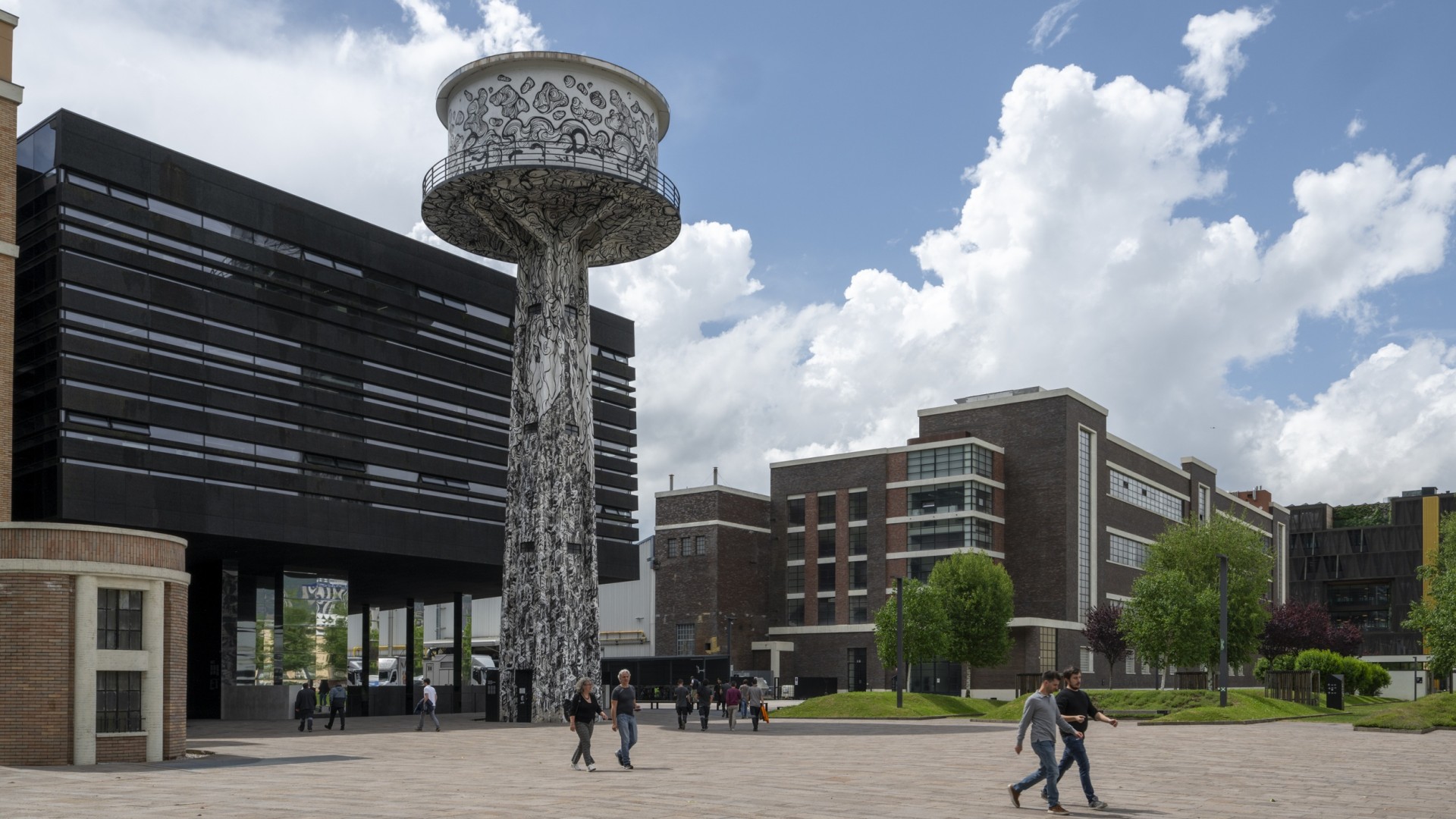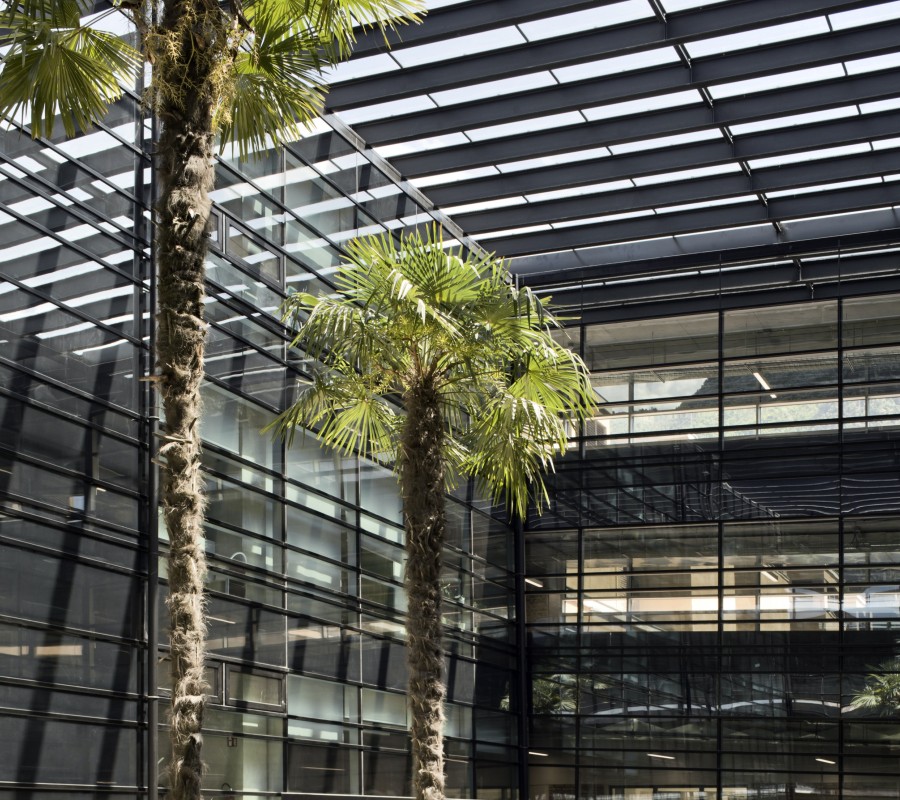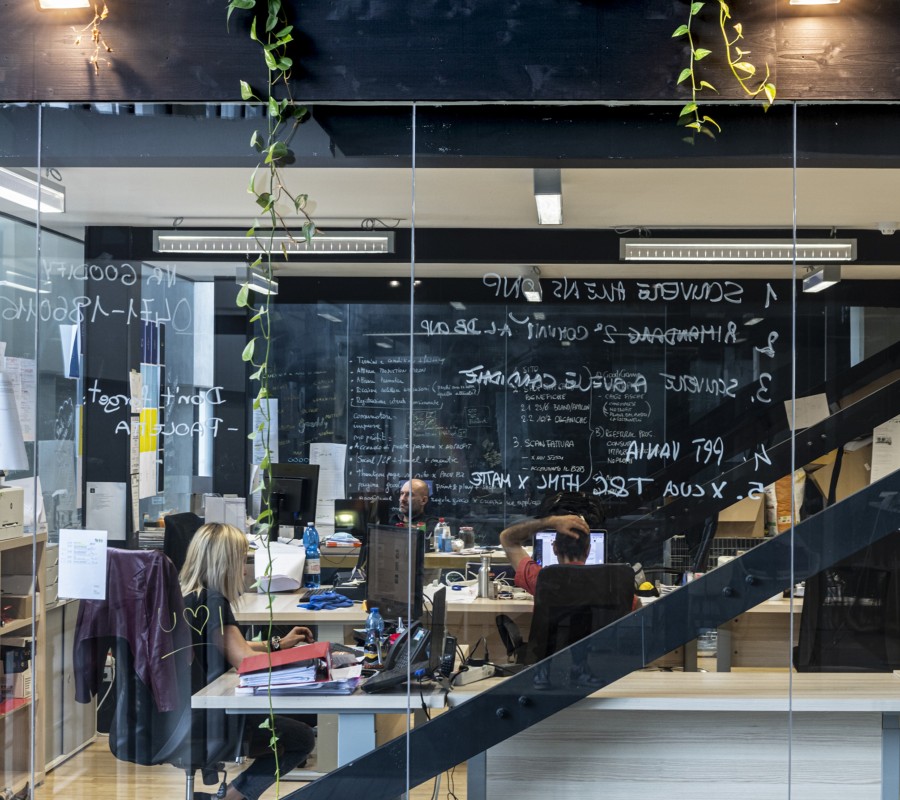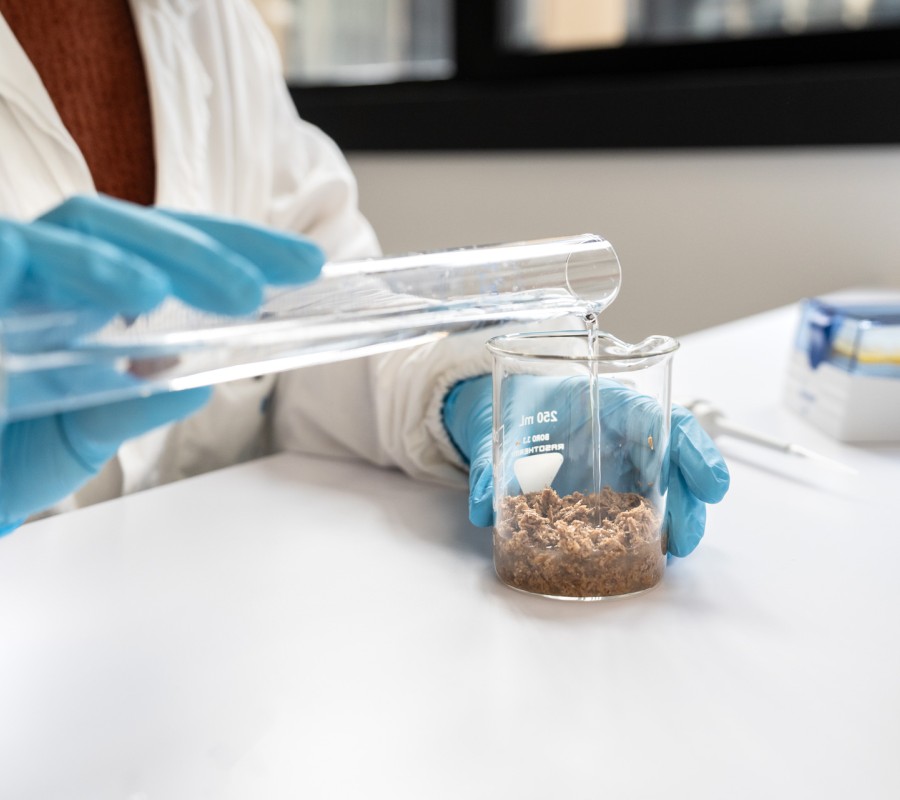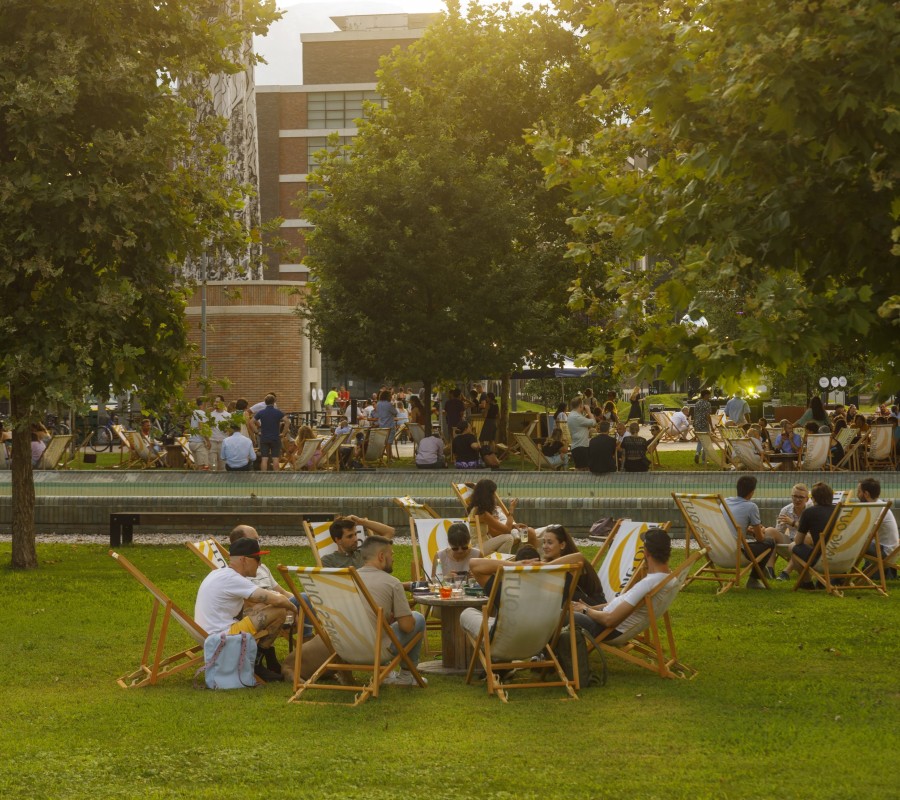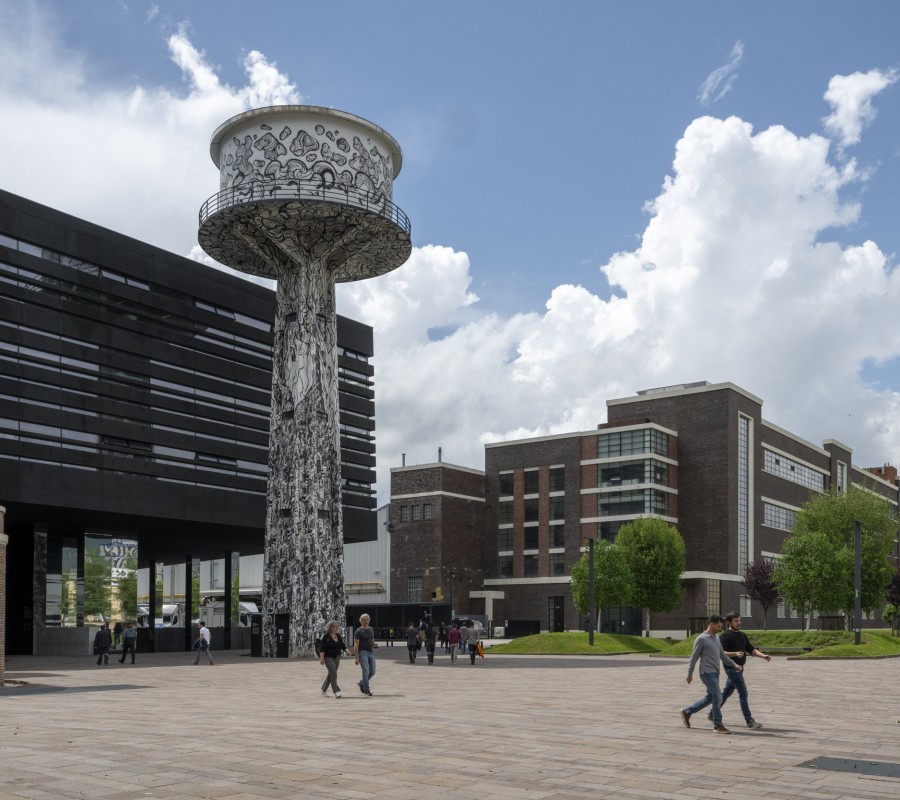Everything you need to know as a company
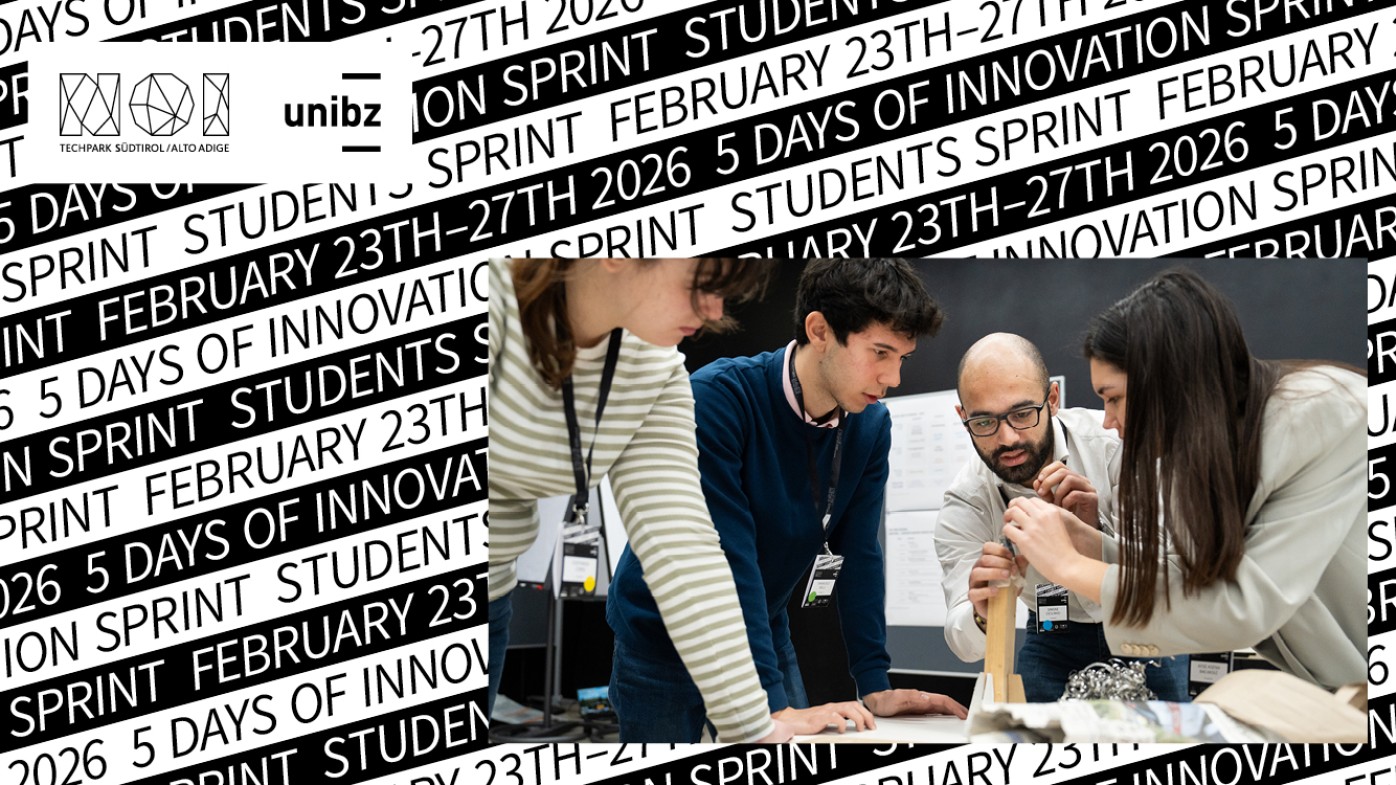
Are you a company facing a challenging innovation task and seeking fresh ideas for new products or services?
Are you a university student eager to apply your problem-solving skills to a real-world case?
Then mark your calendar: from February 23 to 27, 2026, the next round of our Students Sprint will take place at NOI Techpark.
Companies are invited to present an innovation challenge they are currently facing.
The participating universities will form challenge-specific interdisciplinary teams of 3-5 students who will work together to develop solutions under the guidance of experts and researchers. A panel of experts will select three innovation challenges and assemble a pool of students. Then we can get started.
Why?
For our sprint we need both sides:
Businesses and students.
The win-for-businesses:
We invite you, a South Tyrolean company, to tell us about an innovation challenge you are currently facing. Your benefits:
Get fresh ideas from and collaborate with young talents working in interdisciplinary teams.
Be inspired and motivated to break new ground.
Increase your visibility as an innovative company that thrives on young talent.
The win-for-students:
We are also encouraging you, university students from all faculties, to engage with the innovation challenges from companies. Your benefits:
Immerse yourself in the challenges faced by companies.
Gain hands-on working experience in an interdisciplinary team.
Apply your knowledge and skills to solve complex real-life problems, learning to develop innovative approaches and solutions.
Showcase your creativity to participating companies and have the chance to win valuable prizes.
Students Sprint 2026 – Challenges

Brandnamic
Reimagining South Tyrol as a year-round tourist destination

Challenge
Many hospitality structures in South Tyrol are fully booked during peak seasons but struggle with low occupancy during the off-season, especially in April–June and October–November. This puts pressure on staff and leads to financial losses, while visitors travelling during peak periods often face overcrowded conditions. These dynamics also lead to sustainability challenges for the destination.
At Brandnamic, a South Tyrolean marketing agency, we aim to help local hospitality businesses achieve more balanced occupancy, enhance guest satisfaction, and promote sustainable tourism.
The challenge is to design creative, informed, data-driven strategies to make South Tyrol a vibrant year-round destination. You will identify new guest segments for the low seasons and find opportunities to encourage existing visitors to travel during off-peak periods. Then, you will create innovative ideas or campaigns that attract travellers, deliver authentic experiences, and support sustainable growth.
Our data, tourism statistics, and expert insights will guide and inspire your design decisions.
Prinoth
Unlocking the all-year-round potential of snow groomer batteries

Challenge
At Prinoth, we design and build electrified snow groomers that keep ski slopes in South Tyrol and beyond in perfect condition. These high-performance vehicles are used intensively throughout the winter season, but once the snow melts, they are left idle for months. During this time, their large and valuable batteries, which represent up to half of the vehicle’s total value, are left unused. We see this as an exciting opportunity: what if these powerful batteries could have a second life beyond the ski season? How might they be repurposed or reimagined to create value in other contexts?
Your challenge is to develop innovative and sustainable business models that would make this possible. Imagine how different approaches, such as buy-versus-rent, pay-per-use, or entirely new concepts, could maximise battery utilisation, reduce the total cost of ownership for customers, and open new revenue streams for Prinoth. When shaping your idea, consider aspects such as ownership and responsibility, maintenance and lifecycle management, sustainability impact, customer relationships, and the potential of digital tools or platforms to support implementation.

Raiffeisen Überetsch
Reimagining Cooperative Banking for a New Generation

Challenge
Raiffeisenkasse Überetsch is a cooperative bank that reinvests its profits in the local community, supporting families, associations, and initiatives that strengthen the social fabric of our region. Unlike traditional banks, we are built on a model of trust, participation, and human connection. However, many younger clients are unaware of this difference. We’re inviting you to help us rethink what it means to be a member of a cooperative bank today: how can we make membership more engaging, meaningful, and visible to younger generations, while continuing to involve and satisfy our long-standing members?
Your challenge is to design a new membership experience that goes beyond financial benefits, fosters emotional connections, and encourages active participation through both analogue and digital means. The goal is to make people feel proud to belong to a living, community-centred bank that listens to its members, supports them, and grows alongside them.
Please note: we are not looking for an app.
THE METHODOLOGY
Design Sprint
The Google Design Sprint Methodology* is the innovation method we will use during our Sprint. It can produce results in 5 days for challenges that would normally take up to months to solve.
As a company, you quickly gain inspiration from a customer-centred innovation process that leads to a minimum viable product (MVP).
As students, you learn from experts and mentors, go through a process from start to finish, and ultimately test the product or service with the target audience.
*About the benefits and outline of a Design Sprint as developed by Google Ventures, visit The Design Sprint — GV.
Here are the details:
1
Day 1
Teams take a close look at the challenges at each company’s headquarters and interview stakeholders and customers.
2
Day 2
Teams begin brainstorming ideas.
3
Day 3
Teams develop an MVP, a concept for a minimum viable product, service or system.
4
Day 4
Teams test the MVP and get feedback from the target audience.
5
Day 5
Teams pitch their MVP to the companies, experts and invited representatives. The jury selects a winning team for each innovation challenge.
